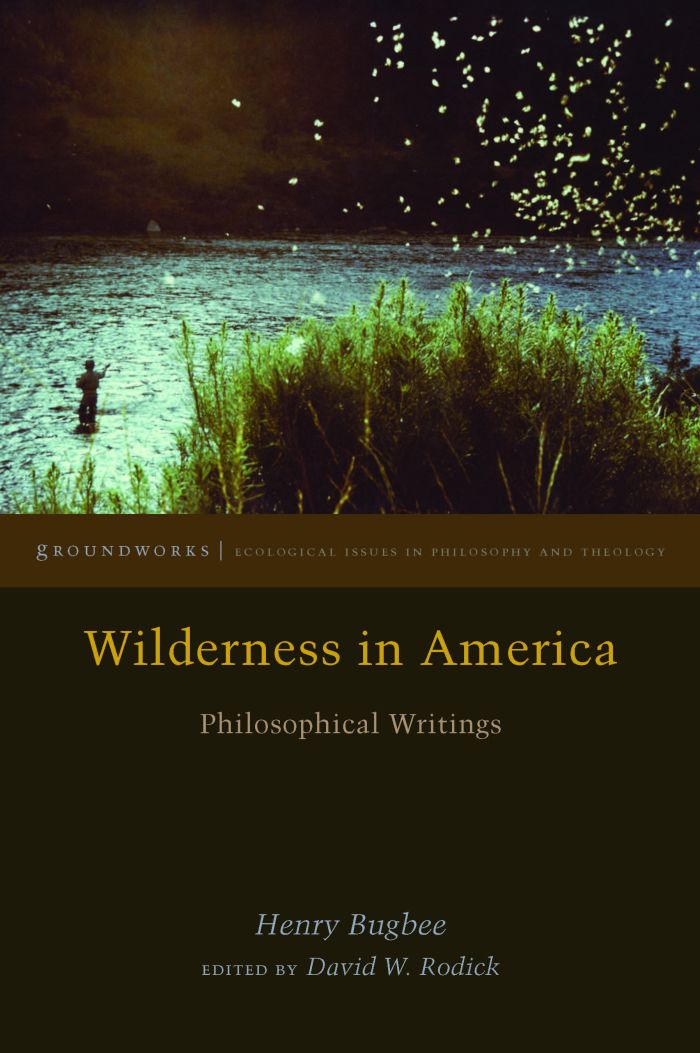Wilderness in America
Philosophical Writings

This book can be opened with

The philosophy of Henry Bugbee defies traditional academic categorization. Though inspired by Heidegger and American Transcendentalism, he was also admired by the famous analytic philosopher Willard van Orman Quine, who described him as the ultimate exemplar of the examined life.
Bugbee’s writings are remarkably different in form and register from anything written in twentieth-century American Philosophy. The beautifully written essays collected here show Bugbee’s continuing commitment that “anyone who throws his entire personality into his work must to some extent adopt an aesthetic attitude and medium.”
Together, the book reintroduces a major thinker of nature, an environmental philosopher avant la lettre who has much to contribute to American and continental thought.
Essential for anyone interested in wilderness, revelation, and calling. Henry Bugbee is a philosophical voice of the first order.—Edward F. Mooney, Syracuse University
Wilderness in America is an impressive introduction to the life and work of an original (and far-too-long neglected) figure in American philosophy. David Rodick has performed a valuable service to students and scholars of American arts and letters.—Daniel Conway, Texas A&M University
For environmental philosophers, environmental historians, conservationists and wilderness advocates, the essays included in Wilderness in America together offer testimony on Bugbee’s dovetailing of embodiment and reflection in place.—Environmental Values
Reading this wonderful book inspires me to look back on my own research and writing and wonder why I had not known Henry Bugbee? I feel as though he were following me, always there in a blind spot, and now suddenly coming around offering a smile and a wave as he passes.—Kip Redick, Reading Religion

